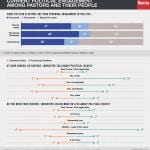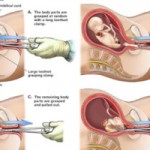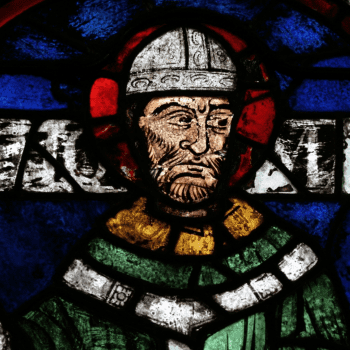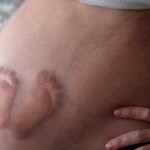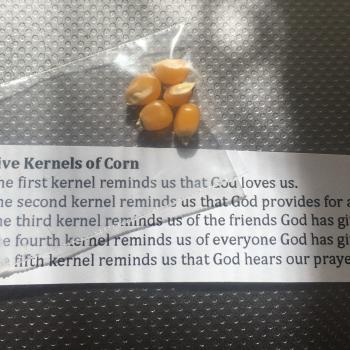Of the roughly 32 lawsuits that have been filed since March against California Gov. Gavin Newsom, many allege his executive orders violate the religious liberty clauses of the California Constitution.
Twenty-two active cases address religious freedom violations, education policies, forced closures of businesses, alleged violations of federal and state laws, and grievances by landlords. At least 10 of the 32 have been dropped or ruled on; some of the 22 active cases have been amended since their initial filing.
Some of the most prominent cases are playing out in the Fifth, Sixth, Seventh and Ninth Circuit Appeals Courts.
Two of the first, and pending, religious freedom cases were filed in April. Gish v Newsom, and San Diego-based Abiding Place Ministries v Newsom, allege that his orders violate the provisions of the state constitution that protect freedom of speech, freedom of religion, right to assemble, and due process.
South Bay United Pentecostal Church sued Newsom May 8 after Newsom announced his Phase 2 reopening plan (which has since been changed). Joining South Bay was the Chabad of Carmel Valley synagogue in San Diego. The plaintiffs allege the revised order restricted their congregation’s rights to free exercise of religion, to assemble, to free speech, and due process.
On May 22, the 9th Circuit Court of Appeals refused to strike down Newsom’s statewide order. The case went to the U.S. Supreme Court, and on May 29, U.S. Supreme Court Chief Justice John Roberts agreed with the lower court. Because of the coronavirus, Roberts said the governor’s order “should not be subject to second-guessing by an ‘unelected federal judiciary,’ which lacks the background, competence, and expertise to assess public health and is not accountable to the people.”
Liberty Counsel Founder and Chairman Mat Staver said the only good news about the ruling was that it was not based on the merits of the case but on the emergency request to circumvent Newsom’s rules, and it did not affect other religious entities.
There is currently a split among judges based on the merits of the case in the lower courts. Judges in the Ninth and Seventh Circuit Courts of Appeals have denied emergency relief requests, whereas judges in the Fifth and the Sixth Circuits have granted emergency relief requests.
None of the lower court decisions are final, as they will result in petition filed with the U.S. Supreme Court, Staver notes, which ultimately needs to settle the matter of religious liberty once and for all.
In late May, Newsom eased restrictions on religious gatherings, but then nearly eliminated them again in early July. His worship ban prohibiting “indoor singing and chanting activities” prompted South Bay United and Chabad of Carmel Valley to submit a revised complaint July 17.
Other lawsuits have been filed over the worship ban, including Calvary Chapel of Ukiah, which sued Newsom and state and county public health officials July 5. They allege the ban violates their right to free exercise of religion and speech, and discriminates against religious worship.
Sean Feucht, a worship leader at Bethel Church who leads several non-profits in Northern California, created the viral “Let Us Worship” petition, explaining why he was defying the orders. He posted images of him leading “illegal worship” in Iraq in 2016, in North Korea in 2010, and in California since July, on Instagram.
“We’ve spent the last 20 years mobilizing worship in places where it is illegal. Never in my life would I believe that it would be California in 2020,” Feucht said.
Rev. Samuel Rodriguez, a member of the National COVID-19 Recovery Commission, asked in several social media posts:
“How can you permit, not for one day, but for many days, tens of thousands to march in protest without wearing masks and then demand that 100 worshipers refrain from singing?”
Harvest Rock Church and its international ministries sued Newsom July 17, and in October requested the entire Ninth Circuit panel to review its case.
Harvest Rock Church has multiple campuses in California, including in Pasadena, Los Angeles, Irvine and Corona; its international ministry has 162 member churches statewide. They allege the governor’s restrictions violate their right to religious expression, to assemble, to free speech, to equal protection under the law, and to have a “republican form of government.”
While the Ninth Circuit Court of Appeals ruled 2-1 against granting an injunction pending appeal in Harvest’s case, it did agree to hear the merits of its request in a hearing to be scheduled next year.
Newsom Blueprint for reopening, a revision of previous reopening guidelines, which critics argue continues to change criteria, established a system of four Tiers. Plaintiffs suing Newsom argue the Blueprint discriminates “against religious meetings in churches and places of worship in every Tier.”
In Tier 1, (in which Harvest Church and its ministries are designated), the governor prohibits all indoor worship services, including home Bible studies involving anyone who does not live in the home where the study is being held.
“From the first stay-at-home order in March to the present, Gov. Newsom has allowed feeding, sheltering, and nonreligious counseling with an unlimited number of people in the same church building, but religious gatherings are either banned or severely restricted,” Liberty Counsel argues.
In Tiers 2 and 3, churches can have no more than 100 and 200 people attending a service, no matter how large the building is or how many people it can hold. But gyms, fitness centers, museums, family entertainment centers, retail, shopping malls, big box centers, warehouses, destination centers, swap meets, and others are have no prohibitions on how many can assemble inside their respective buildings, according to the Blueprint.
The Blueprint “reveals a clear discrimination against religious gatherings,” Staver adds. “California cannot give preferential treatment to nonreligious meetings over religious meetings. The virus does not discriminate between nonreligious and religious meetings, but Gov. Newsom does. This discrimination violates the First Amendment.”


